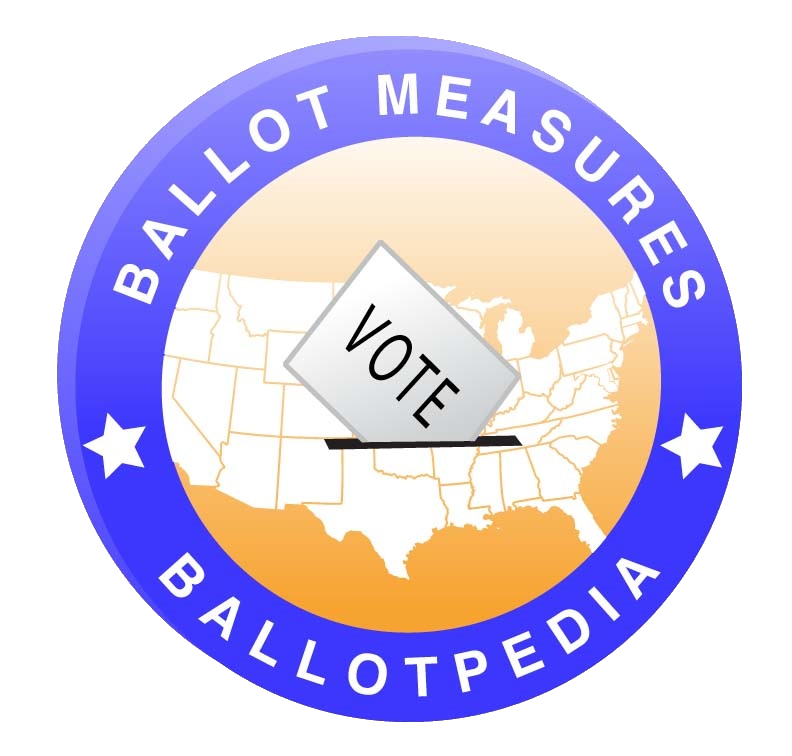Laws governing ballot measures in Vermont
This page provides an overview of resources addressing the laws and procedures that govern statewide and local ballot measures in Vermont, including constitutional amendments and campaign finance regulations.
- Types of ballot measures in Vermont
- Amending the Vermont Constitution
- Laws governing local ballot measures in Vermont
- Laws governing recall in Vermont
- Laws governing state constitutional conventions in Vermont
- Campaign finance requirements for Vermont ballot measures
- Changes to laws governing ballot measures in Vermont
Laws governing ballot measures in Vermont
Types of ballot measures in Vermont
- In Vermont, citizens do not have the power to initiate ballot measures at the state level.
- In Vermont, the legislature can refer constitutional amendments and advisory questions to the ballot.
- In Vermont, a total of eight ballot measures appeared on statewide ballots between 1985 and 2022. Seven ballot measures were approved, and one ballot measure was defeated.
Amending the Vermont Constitution
- Vermont became a state in 1791. The current state constitution was ratified in 1793.
- The Vermont Constitution provides one mechanism for amending the state's constitution—legislatively referred constitutional amendments. A two-thirds (66.67%) vote is required in the Vermont State Senate, and a simple majority vote is required in the Vermont House of Representatives in the first legislative session. A simple majority vote is required in both chambers in the second legislative session to place a constitutional amendment on the ballot. Vermont requires a simple majority vote (50% plus 1) for voters to approve constitutional amendments.
Laws governing local ballot measures in Vermont
- State law authorizes an initiative process for amendments to municipal charters; the amendment of a municipal charter initiated by the legislature; and a local referendum process.
Laws governing recall in Vermont
- Vermont law does not provide for the recall of state officials.
Campaign finance requirements for Vermont ballot measures
- Under Vermont law, any group of at least two individuals that receives and expends more than $1,000 in support of or opposition to a ballot measure in one year is considered to be a political committee. Committees are not required to file an official statement of organization, but all political committees must file a form naming a treasurer and specifying a single checking account at a single bank to be used by the campaign.
Changes to laws governing ballot measures in Vermont
See also

- • State ballot measures
- • Local ballot measures
- • Analyses
- • Campaign finance
- • Endorsements
- • Polls
Footnotes



